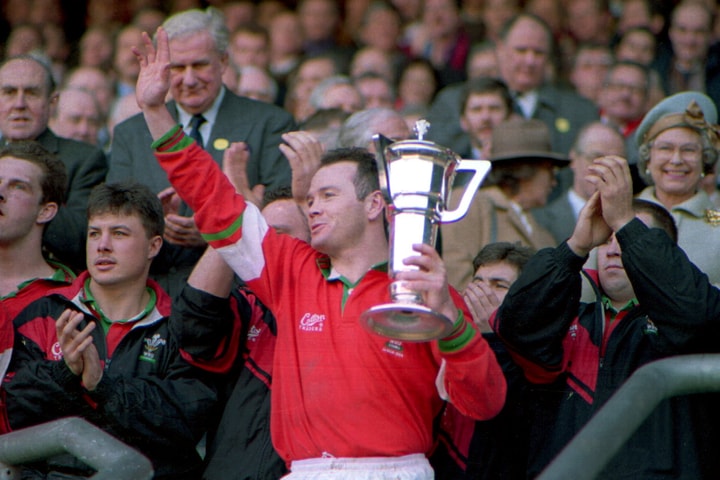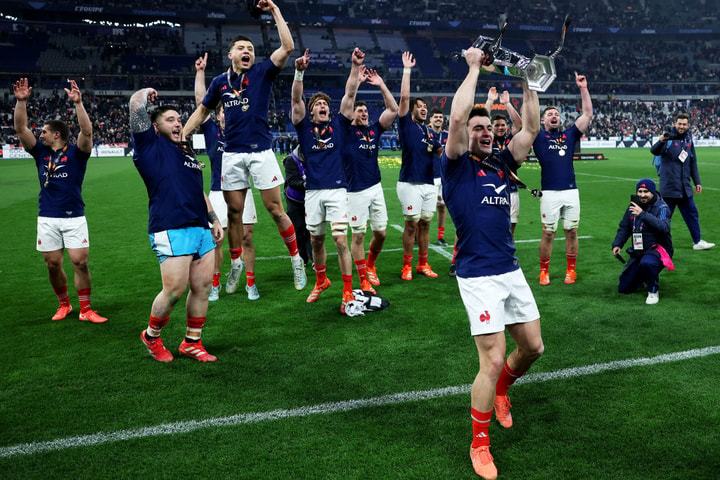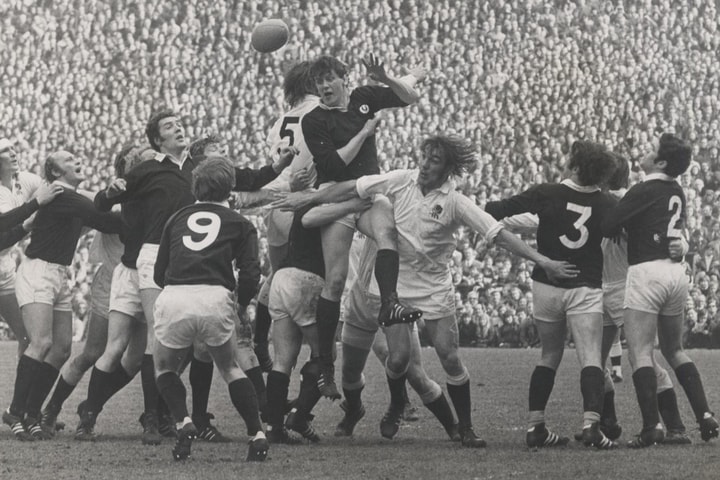It's been 100 years since Murrayfield hosted its first match. World Rugby Museum researcher Richard Steele looks back at this historic game between Scotland and England on 21 March 1925...
Scotland's fourth and final match in the 1925 International Championship on March 21st has gone down in rugby history as one of the greatest matches played between the two world wars in the first half of the 20th century. Scotland won their 1st Grand Slam that day by 14-11 in a desperately close encounter against their old enemies England.
Scotland arrived at Murrayfield, their new international ground, on March 21st having beaten France in front of a crowd of 20,000 people at Inverleith, Wales in Swansea and Ireland at Lansdowne Road, Dublin. They had scored 63 points in their three matches including 15 tries and had only conceded 26 points including 4 tries. So Scotland was on the cusp of a historic first ever Grand Slam and 60,000 expectant spectators filled Murrayfield, noted by The Scotsman as the largest attendance ever at a rugby international. The match was a thrilling encounter from start to finish.









